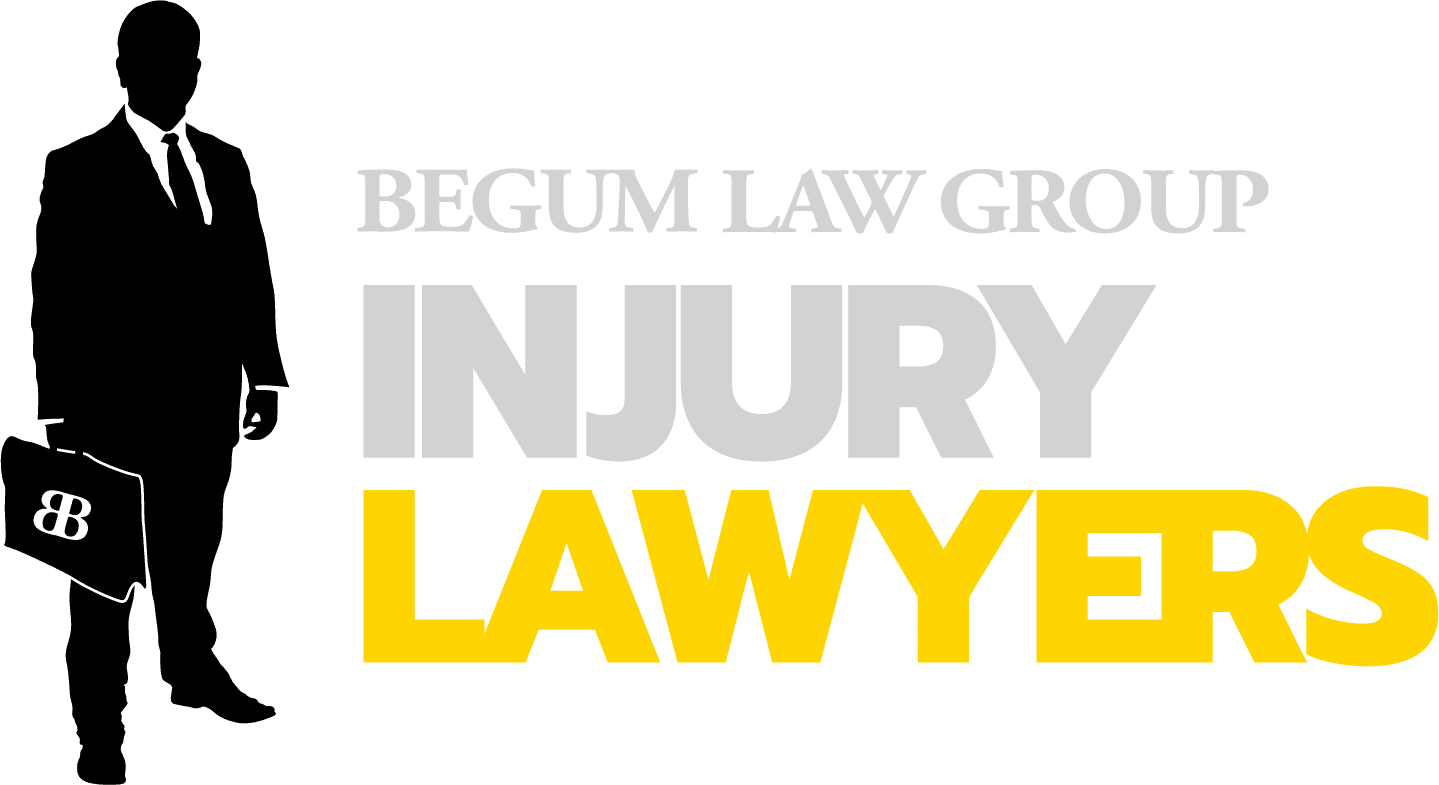The Most Common Medical Errors

Medical errors are mistakes made during the diagnosis or treatment of medical ailments. They can result in a patient suffering both physical (injury or death) and psychological (depression, PTSD, and suicidal thoughts) effects.
Some studies suggest that over 250,000 medical errors are committed yearly, ranging from misdiagnosing a patient to prescribing the wrong medication.
Misdiagnosis
A misdiagnosis is an incorrect conclusion or diagnosis about the cause of a disease or ailment. The World Health Organization states that there are three types of diagnostic errors, which include the following:
- Missed Diagnosis – Doctors completely miss a diagnosis despite a patient’s symptoms
- Delayed Diagnosis – Tests might have suggested cancer or disease, but doctors waited to tell the patient
- Wrong Diagnosis – Doctors might diagnose someone with cancer and begin treatment when in fact, they have another health issue
Surgical Errors
A surgical error is a preventable mistake made during an operation. All surgeries involve risk, so patients sign informed consent agreements before operations that state they understand certain known risks. However, surgeons aren’t excused from incompetence, poor planning, or substance abuse.
Common medical malpractice suits involving surgical errors include operating on the wrong person/area, leaving tools or items inside the patient, administering the wrong amount of medication, and more.
Communications Errors
Medical mistakes can happen from something as simple as one person not explaining something clearly. Poor communication can happen:
Between Physicians and Nurses
This is the most common failure. It can include poor verbal communication and poor documentation of patient information and can lead to incorrect decisions about treatment. It can also result in longer hospital stays, which delays the treatment of others.
Between Clinicians and Patients
Clinicians must listen carefully to what patients tell them and explain the course of action. Patients are not medical experts, so a doctor must break things down into simple descriptions for the patient to understand.
Medication Errors
A medication error is “… any preventable event that may cause or lead to inappropriate medication use or patient harm while the medication is in the control of the healthcare professional, patient, or consumer.” These complications are responsible for 7,000 to 9,000 deaths annually. They occur when a pharmacist or doctor gives a patient the wrong drug, dosage, or quantity. Medication errors also involve doctors wrongfully refusing to provide patients with their meds.
Billing Errors
Billing errors can result in duplicate charging/overcharging a patient, charging the wrong patient, or sending the charges to an incorrect address.
If mishandled bills are sent to a collection agency because of a lack of payments, it could severely impact your credit score.
Common Causes of Medical Errors
Some of the most common causes of medical errors include:
Staffing and Workflow
Staffing shortages have affected many industries, including healthcare. This can lead to other employees being overworked and tired. Fatigued staff members are more likely to have errors in communication and surgical mistakes.
Technical Issues
This can include complications or failures of medical devices, implants, grafts, or pieces of equipment.
Bad Workplace Policies
Some offices run ethically, efficiently, and morally…and others don’t. Unfortunately, a lack of guided workplace policies or focused colleagues can leave the door open to errors.
Contact the Law Giant Today
If you’ve been a victim of a medical error in healthcare, contact the Begum Law Group for help. Our medical malpractice attorneys can provide valuable support and help you get the compensation you deserve.
Call (866) 435-5219 or fill out our online form for a free no-risk initial consultation.









